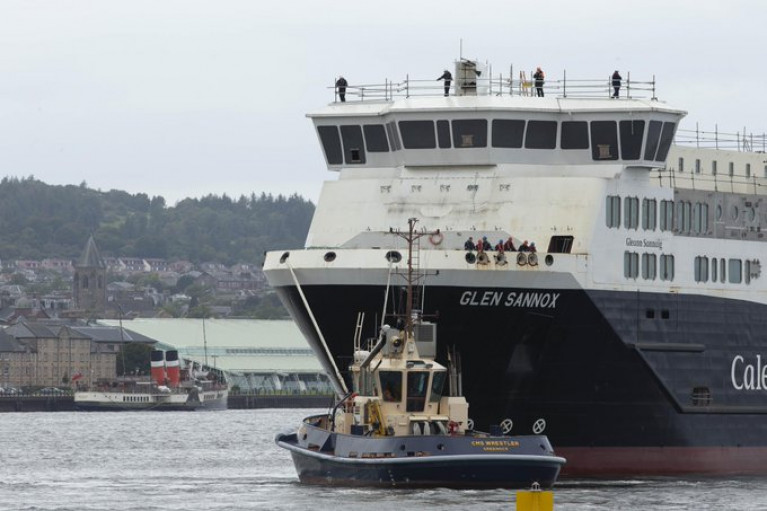The Scottish shipyard that was contracted to build a pair of duel-fuel ferries, Ferguson Marine is being closed down for a week with immediate effect.
Bosses say they have temporarily closed their Port Glasgow yard and Greenock warehouse with immediate effect.
The Scottish Government-owned company says this is in response to increased Covid-19 infection rates in the Inverclyde area and concerns about the new variant of the virus.
The business has contacted all employees and trade unions to advise they have suspended production for one week to allow a 'comprehensive review of measures to ensure that the working environment at the yard continues to be as safe as possible'.
Production work will resume on Monday 18th January with briefings to advise employees of any changes to Covid-19 measures and to 'reinforce the need for personal responsibility in social distancing'.
More from the HeraldScotland here.


























































